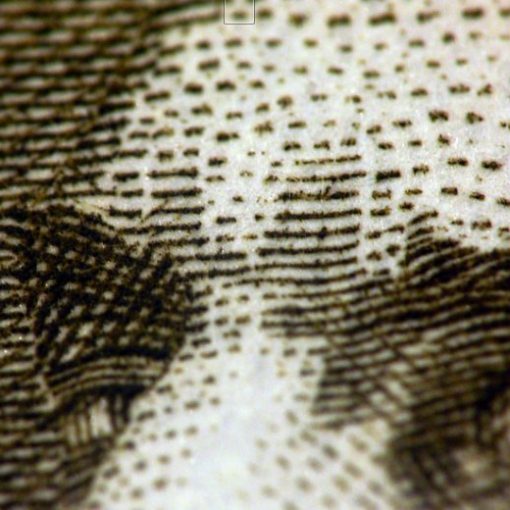 Author: Charles Sizemore
Author: Charles Sizemore
Covestor model: Tactical ETF
Disclosure: No position in stocks mentioned
Steve Jobs announced his retirement last week (8/24/11), as his declining health has made it impossible for him to continue as Apple CEO. We certainly wish the best for Mr. Jobs and his family, and hope that he makes a full recovery. Still, Jobs’ departure raises a very uncomfortable question for Apple (NASDAQ: AAPL). How does a company that owes so much of its success to the vision of one man cope with his absence? Certainly all investors in the stock are asking this question.
In every measurable respect, Apple is a company worth owning. It has been in the cutting edge of consumer electronics since the rollout of the iPod and has continued that dominance with the successful launch of the iPhone. With the iPad tablet computer, it created a new market where none previously existed.
The company is wildly profitable—it has huge profit margins of and its return on equity is extraordinary. Its earnings grow exceptionally fast. And yet the company is cheap, trading at a relatively low forward P/E ratio, with no debt and a large cash position on the books. (Source: Yahoo Finance as of 8/26/11, https://finance.yahoo.com/quote/AAPL?ltr=1, https://finance.yahoo.com/quote/AAPL/financials?ltr=1
Yet despite all of this, I’ve never been comfortable with the company’s stock because of the unquantifiable risk that something might happen to Steve Jobs. How would Apple perform without Jobs at the helm? Frankly, I don’t have an answer for that question. And I won’t put money at risk with that kind of elephant in the room left unexplained.
History is full of stories of successful companies that have prospered after the departure of an iconic founder. Wal-Mart (NYSE:WMT), for example, has done just fine since the passing of Sam Walton. Going further back in time, John D. Rockefeller’s oil companies survived his death and thrived to the point of trust-busting, living on today as ExxonMobil (NYSE:XOM), Chevron (NYSE:CVX), and ConocoPhillips (NYSE:COP).
The difference, of course, is that innovation is far more important in a modern technology company than in a discount retailer or oil company. Jobs’ successors will no doubt do a fine job of selling iPods, iPhone, and iPads. The question is “what next?” Without Jobs to think of the next great idea, is the rest of the Apple management team up to the task? Again, I don’t have a satisfactory answer to this question.
This is not the first time investors have pondered the “Jobs question.” In January of this year, the iconic CEO took a leave of absence from Apple. Shares dropped in late January 2011 in response. As of 8/26/11, the stock has recovered from that low and risen higher.
Will the shares shrug off this news again? Maybe. In the meantime, Apple investors are now left to ponder the following scenarios:
1. Given the stock’s cheap valuation, investors already long ago factored the possibility of Jobs’ retirement into prices. Apple is thus fairly priced.
2. Jobs’ recent contributions have been overstated due to his cult of personality in the industry, and his lieutenants will get along just fine without him. In this case, Apple is a screaming buy at these prices.
3. The intangible benefits of Jobs’ leadership — his vision and creativity — are even more valuable than investors currently appreciate. If this is the case, Apple faces a very uncertain future.
Given the unknowns, I would hope for Scenario 2, but prudence would make me fear for Scenario 3. There are enough uncertainties in this market already.
In Jobs’ retirement, the company, the industry, and the world at large are losing a truly visionary giant. Our best wishes for his speedy recovery.




